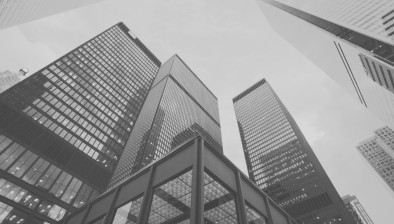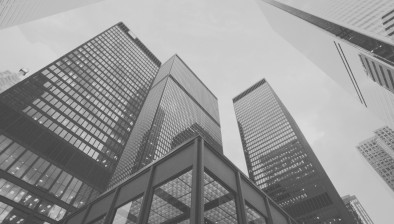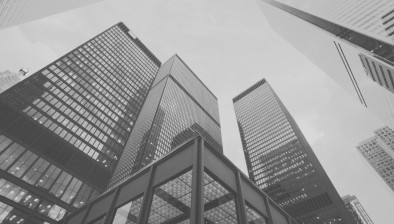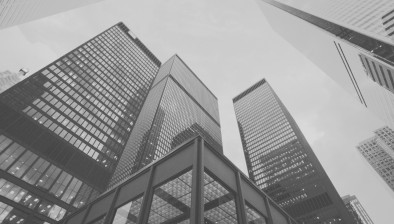Farm businesses providing accommodation and catering forewarned of changes to VAT rates from October
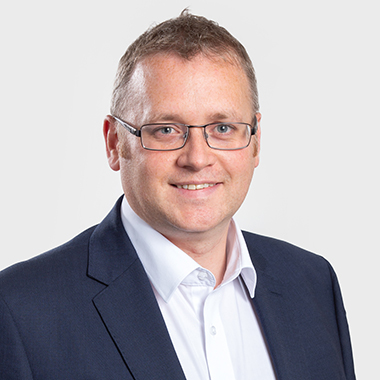
Calum Macaulay
Saffery Champness is advising farm businesses that provide accommodation services or catering to be alert to the changes coming on the reduced VAT rate from 1 October.
In the 2021 Budget, the Chancellor advised that the temporary 5% reduced rate of VAT would be extended to September 2021 but that this would be replaced by a new rate of 12.5% that will remain in place until 31 March 2022.
Supplies that already benefit from the reduced rate and that will be affected by the October increase include:
- Food and non-alcoholic beverages sold for on-premises consumption, for example in restaurants and cafés
- Hot takeaway food and hot takeaway non-alcoholic beverages
- Sleeping accommodation, holiday accommodation, pitch fees for caravans and tents
- Admission to certain visitor attractions and events
When there is a change in VAT rate businesses need to consider the impact this can have on their VAT accounting. This is especially true with regards to vouchers and advance payments (including deposits).
If advance payments (including deposits) are taken between 1 October 2021 and 31 March 2022, those payments will be subject to 12.5% VAT even if the accommodation for example is being booked for a period after 31 March 2022.
Calum Macaulay, senior manager, Saffery Champness and a member of the firm’s Landed Estates and Rural Business Group, said: “We know that many farm businesses have diversified particularly into offering tourist accommodation such as camping pitches and glamping in order to take advantage of the rise in numbers of those taking holidays in the UK.
“They will have benefited from the 5% VAT rate but should now be looking ahead to that increasing to 12.5% from 1 October. The main holiday season will have passed by that time but for those that remain open then planning ahead is vital. The collection of advance payments and deposits ahead of the rate changes on 1 October 2021 and 1 April 2022 (when the rate is due to revert back to 20%) could provide VAT savings.”







